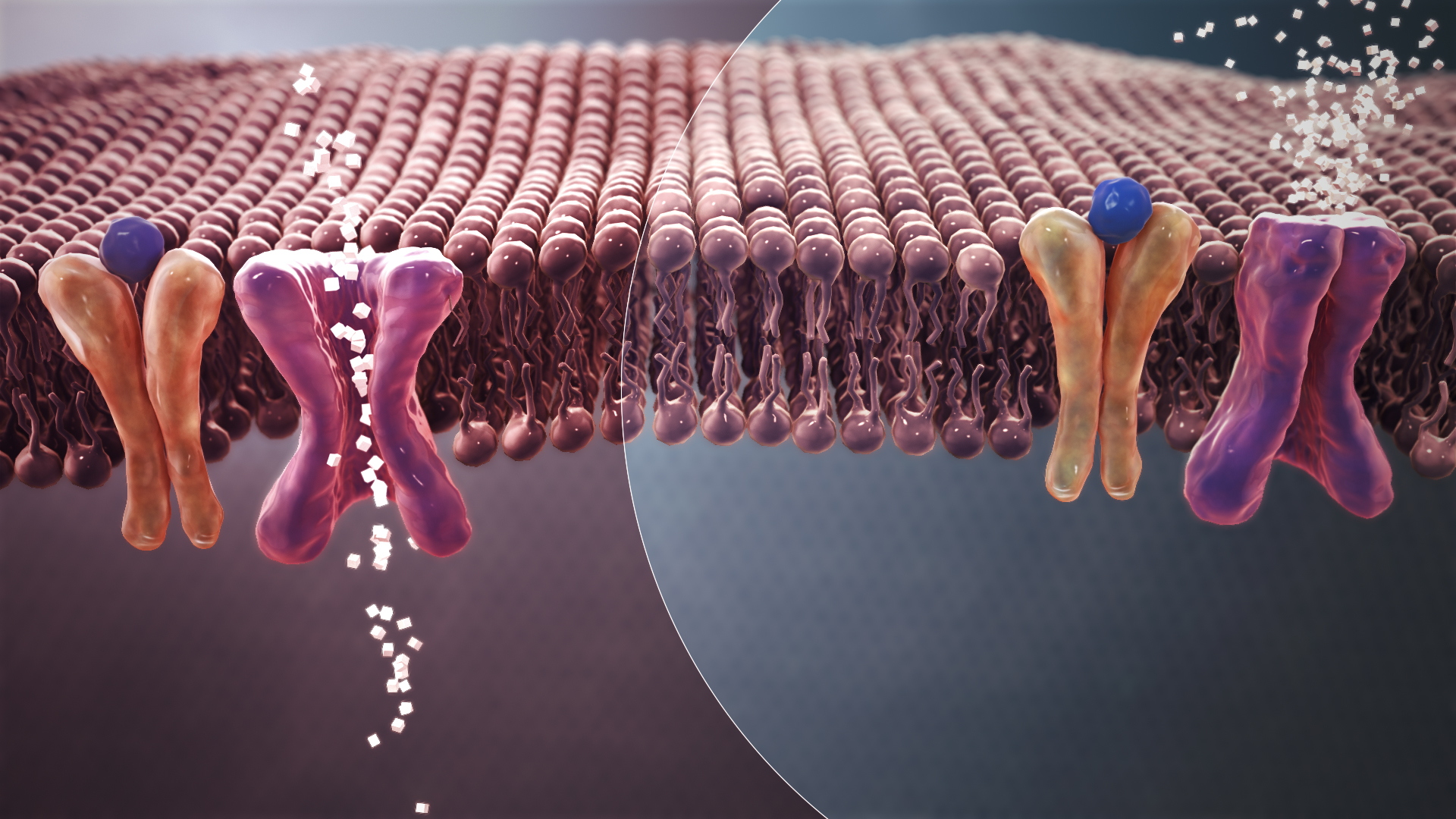Are you hoping to shed some weight this year? Research shows that more exercise doesn’t always burn more calories.
By Neha Jain
Are you hoping to shed some weight this year? You may need to plan your exercise regime carefully to ensure that you are not wasting your energy by overworking yourself without results.
Although the commonly held notion is that more intensive workouts mean a person can burn more calories, a study has found that this view is not necessarily correct. The study reports that above a moderate level of physical activity, the total amount of energy consumed in one day by the body tends to level off—that means you don’t burn more calories, even if you increase your physical activity.
“Populations that have more active lifestyles don’t always have higher daily energy requirements than more sedentary populations,” says Herman Pontzer of City University New York and the lead researcher of the study.
When Pontzer and his team were working in Tanzania among traditional hunter-gatherers, they were intrigued to learn that despite having very active lifestyles, the hunter-gatherers had “the same daily energy expenditures as Westerners.” Pontzer also noted that “animal populations in zoos have the same daily energy expenditures as those in the wild.”
“This had us thinking that there must be something interesting going on: that humans and other species may have evolved mechanisms to keep daily energy expenditures within a pretty narrow range regardless of lifestyle and habitual physical activity.”
RELATED: Stay Healthy with Low-Volume HIIT
Physical Activity and Energy Expenditure
Although many studies have shown that increasing physical activity leads to a corresponding increase in total energy expenditure, the long-term effects of moderate exercise are more complex.
To find out how varying levels of physical activity affect total daily energy consumption, Pontzer’s team recruited 332 adults, males and females, ages 25 to 45 years, from Ghana, Seychelles, South Africa, Jamaica, and North America.
For seven days, the researchers measured the participants’ total energy expenditure (calories burned per day) using a method that tracks how much carbon dioxide is produced by the body. They measured the physical activity of the participants using a wearable accelerometer. After adjusting for differences such as age, height, sex, body size and composition, and employment in manual labor, the researchers calculated the total energy expenditure for each participant.
They found that although total daily energy expenditure increased for low and middle ranges of activity, it leveled off above a moderate level of physical activity. “Above moderate activity levels, we didn’t see any additional increase in daily energy expenditure even as activity levels increased. Moderately active and highly active subjects had the same daily energy expenditures,” explains Pontzer.
RELATED: The Effect of Exercise on Your Genes
Adaptation to High Activity Levels
The findings suggest that our bodies tend to adapt our daily energy expenditure to ensure that total energy consumed is maintained within a narrow range. The researchers believe the body does this by reducing the energy spent on other activities.
How exactly do our bodies conserve energy levels in response to increased physical activity? The researchers are not sure, but they think one method might be that people change their behavior when they are not engaged in any activity so that they rest more, sit rather than stand for longer periods, or fidget less. On a daily basis, the cells in our body use energy to carry out tasks such as transporting nutrients and waste—processes vital to the proper functioning of our organs. So, another possible method of conserving energy is that our bodies may reduce energy spent on the immune system or reproductive activities. This could also explain the higher-than-expected total daily energy expenditure seen among people who have been confined to bed rest.
Energy Balance: Is There a Sweet Spot?
One of the “exciting possibilities” of the study, says Pontzer, is that there may exist a “sweet spot” of physical activity that may be just the right amount. He explains that at one extreme, a very sedentary lifestyle may contribute to health risks; at the other end of the spectrum, a highly active lifestyle may compromise your immune system. In between, however, there may be a level of physical activity that is just right, where your “body doesn’t have extra energy to waste on activities that might be harmful, such as inflammation.” But this sweet spot may include a wide range of activity levels and has not been specifically defined.
Weight Loss Advice to Burn More Calories
If you intend to lose weight, arduous workout sessions may not be the way to go. Pontzer says that dietary interventions such as managing calorie intake are a “stronger tool for losing weight,” but he stresses that exercise is still important for weight loss maintenance.
But whether you want to lose weight or not, Pontzer adds that the study emphasizes what we have always known: Exercise is very important for our health and we should all do it. He says that the benefits of exercise go beyond the amount of calories burned.
This study was published in the journal Current Biology.
References
Pontzer, H., Durazo-Arvizu, R., Dugas, L., Plange-Rhule, J., Bovet, P., Forrester, T., . . . Luke, A. (2016). Constrained Total Energy Expenditure and Metabolic Adaptation to Physical Activity in Adult Humans. Current Biology, 26(3), 410-417. doi:10.1016/j.cub.2015.12.046
World Health Organization (2014). Obesity and overweight. Fact Sheet No. 311. http://www.who.int/mediacentre/factsheets/fs311/en/.
Featured photo by Elvert Barnes via Flickr




